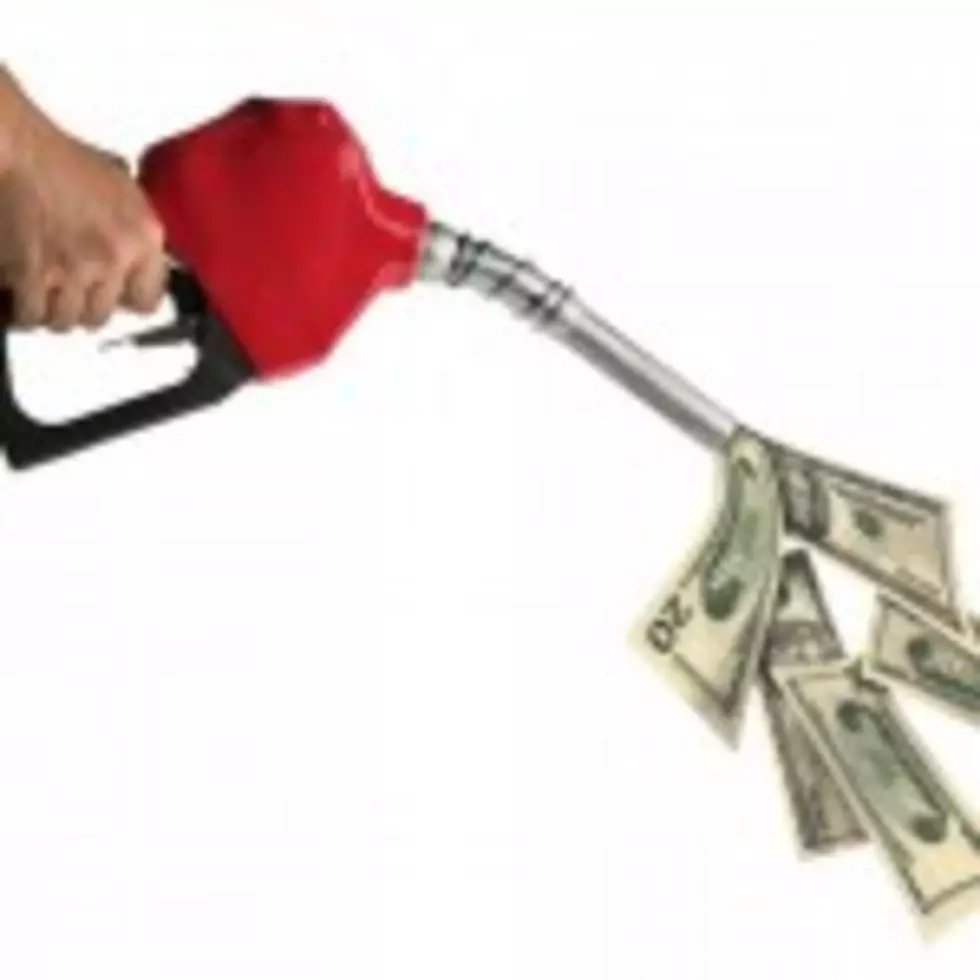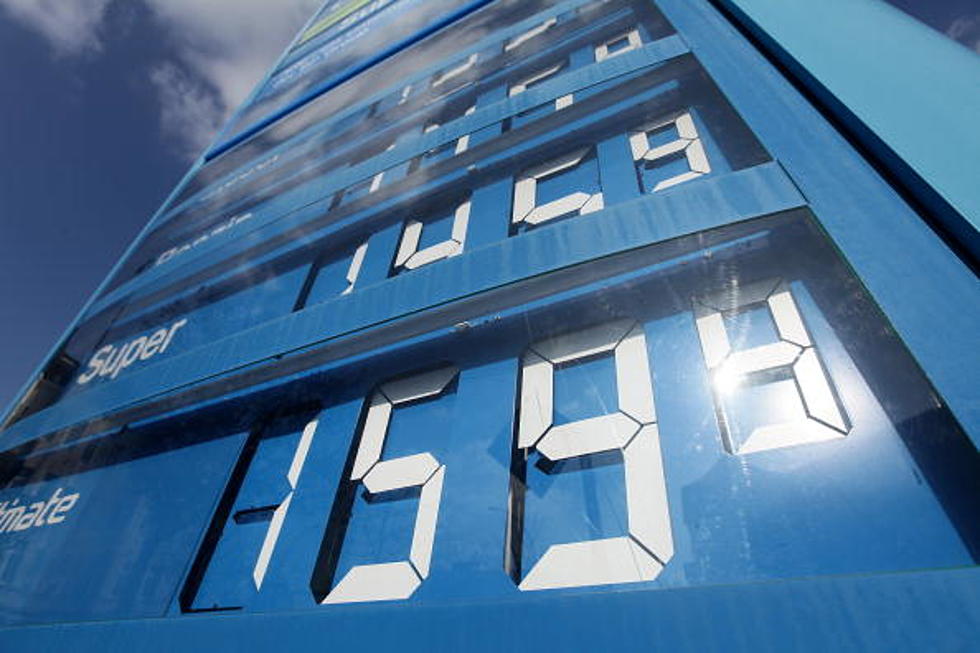
BBB Warns: Don’t Be Fooled by Fuel Additives Promising Big Gas Savings
With gas prices above $3.00 per gallon, summer travel can come with a hefty price tag. When gas prices climb, products that claim to improve fuel efficiency might be appealing. But it's a smart idea to be skeptical of any gas-saving claims for automotive devices or oil and gas additives.
According to the Federal Trade Commission, it’s a good idea to watch for these red flag phrases of gas savings:
"Improves gas mileage by 20 percent." The EPA has not found any product that significantly improves gas mileage after evaluating more than 100 alleged gas-saving devices. Ads that tout savings of a specific percentage are likely fabricated.
"After installing this product, my car gets an extra 4 miles per gallon." Testimonials from satisfied customers will often have exact numbers, but it is very difficult to test for precise changes in gas mileage after installing a product that claims to save gas. Many variables affect fuel consumption, including traffic, road and weather conditions, and the car's condition—these factors make it close to impossible to attribute gas savings to an additive.
"It’s approved by the federal government." Gas-saving products for cars are not endorsed by any government agency. An ad may be able to claim that EPA has reached conclusions about possible fuel savings by testing the product or evaluating the manufacturer’s test data. If the seller claims that its product has been evaluated by EPA, ask for a copy of the EPA report, or check epa.gov for information.
Better Business Bureau (BBB) serving Central, Coastal, Southwest Texas and the Permian Basin has the following gas-saving advice:
Clean out your trunk. Don’t carry what you don’t need.
Slow down. According to Fueleconomy.gov, each 5 mph you drive over 60 mph is like paying an additional 24 cents per gallon for gas.
Find the least expensive gas stations. Saving a few cents can go a long way. Use a mobile app or website to help you find the closest and cheapest gas station.
Turn off your engine. If you’re parked and waiting, turn your engine off to save on fuel.
Keep your tires inflated. It is important to keep an eye on your tire pressure. For maximum efficiency, be sure tires are inflated to the recommended level.
Make your next car purchase a fuel-efficient one. If you’re in the market for a car, it’s important to consider fuel economy. Assuming gas costs $3.50 per gallon and you drive 15,000 miles a year, a car that gets 30 miles per gallon (MPG) versus one that gets 20 MPG amounts to over $4,000 in savings over 5 years. Visit fueleconomy.gov for gas mileage estimates and other information for cars older then 1985.
For more tips you can trust, visit bbb.org. For the latest news and information, follow them on Facebook and Twitter.
To check out a company and find trustworthy businesses, visit bbb.org.
More From KIXS FM 108









